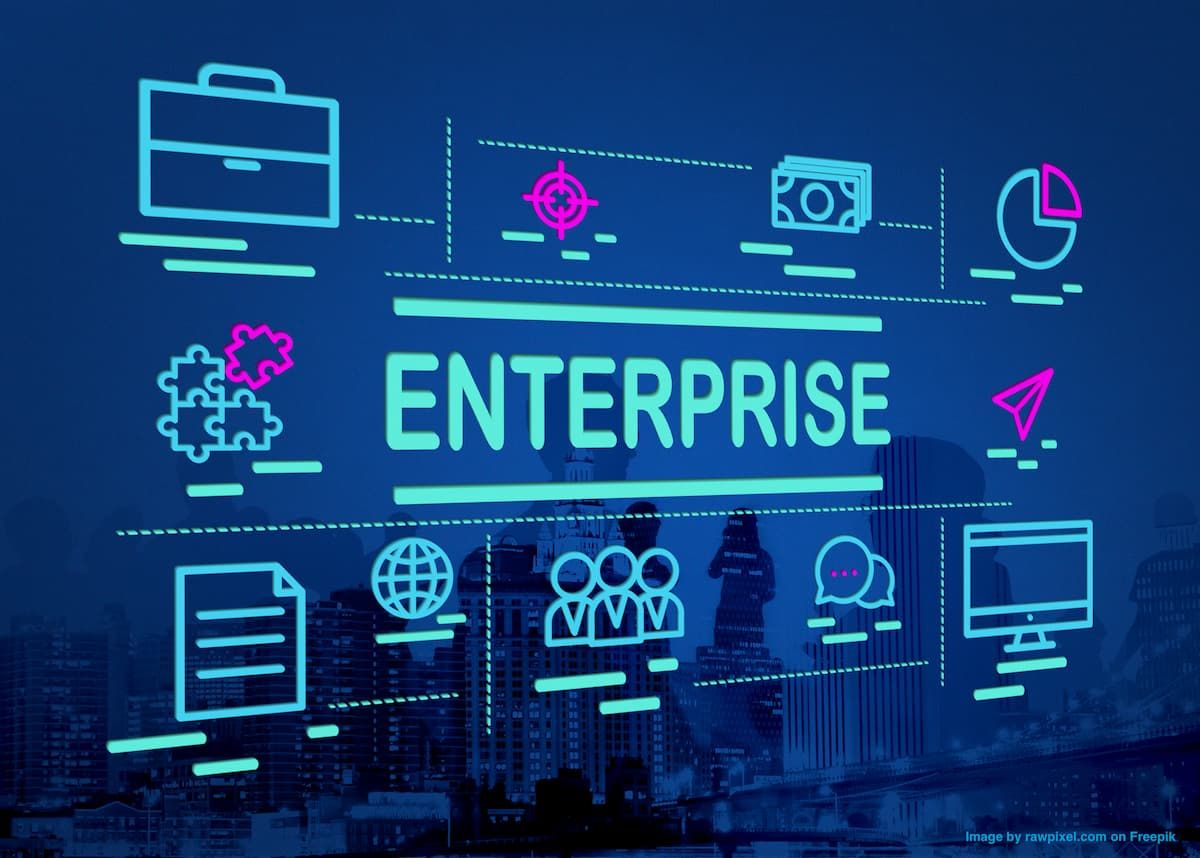The software development landscape is undergoing a seismic shift. Cognition’s Devin, touted as the world’s first AI software engineer, promises to disrupt traditional development processes. But what exactly is Devin, and how will it impact the future of coding? This article delves deeper into Devin’s capabilities, explores its potential benefits and challenges, and ponders the future of human-AI collaboration in software development.
Beyond Code Completion: Devin’s Full Spectrum Approach
Unlike traditional coding assistants that offer code snippets or basic error checks, Devin operates on a fundamentally different level. Imagine a highly skilled developer teammate with the following capabilities:
- End-to-End Project Management: Devin can handle entire software development projects, from initial concept and design through to functional code implementation. This includes tasks like Requirement Analysis: Understanding project goals and user needs through data analysis and user feedback. System Architecture Design: Defining the overall structure and components of the software solution. User Interface (UI) and User Experience (UX) Design: Crafting intuitive and user-friendly interfaces for optimal user interaction.
- Advanced Coding Proficiency: Devin tackles complex coding challenges with advanced algorithms and deep learning techniques. It can: Write clean, efficient, and well-documented code, adhering to best practices and coding standards. Integrate various APIs and libraries seamlessly into the software solution. Perform unit testing and code reviews to ensure code quality and functionality.
- Continuous Learning and Improvement: Devin isn’t static. It constantly learns and improves its capabilities over time through. Analyzing past projects and data to identify patterns and optimize future development processes. Staying up-to-date with the latest programming languages, frameworks, and development practices. Adapting to evolving user needs and technological advancements.
A Potential Game Changer for Software Development
Devin’s capabilities hold immense potential to revolutionize software development:
- Increased Developer Efficiency: Repetitive tasks like writing boilerplate code, handling basic functionalities, and conducting preliminary testing can be automated by Devin, freeing up valuable developer time for focusing on complex problem-solving and core functionalities. Exploring innovative solutions and pushing the boundaries of software development. Engaging in creative design and user experience optimization.
- Reduced Development Timelines: With Devin handling specific development aspects, the overall time it takes to complete projects could be significantly reduced. This translates to faster time-to-market for software products, allowing companies to capitalize on emerging opportunities. Increased development velocity, enabling teams to rapidly iterate and release new features. Improved resource allocation, allowing developers to focus on higher-value activities.
- Enhanced Code Quality: Devin’s ability to analyze code structure and identify potential errors can lead to more robust and bug-free software solutions. Improved code maintainability and easier future modifications. Consistent coding style and adherence to best practices throughout the project.
Challenges and Considerations: The Road Ahead
While Devin presents exciting possibilities, it’s important to acknowledge the challenges:
- Job Displacement Concerns: Will AI take over developer jobs? While Devin excels at specific tasks, human developers remain irreplaceable in areas like Deep domain expertise and understanding of specific industry nuances. Creative problem-solving and innovative thinking outside the box. Effective communication and collaboration with stakeholders, including clients and designers. Strategic decision-making and long-term project planning.
- Ethical Considerations: AI models are susceptible to bias present in training data. To mitigate this risk: Developers must ensure training data is diverse and representative of real-world scenarios. Continuous monitoring of Devin’s outputs is crucial to identify and address potential biases. Implementing ethical guidelines for developing and deploying AI tools is essential.
- Integration with Existing Workflows: Successfully integrating Devin into existing development workflows requires: Adapting current development processes to leverage AI capabilities effectively. Training developers on collaborating with AI tools and understanding its limitations. Establishing clear guidelines and protocols for utilizing Devin within the development team.
The Future of Software Development: Collaboration is Key
Devin signifies a major leap forward in AI-powered software development. However, it’s crucial to remember that AI is meant to augment human capabilities, not replace them. The future likely lies in a collaborative approach:
- Human-AI Teams: Imagine developers working alongside AI teammates like Devin, each leveraging their unique strengths. Developers would define project goals, guide Devin’s direction, and handle complex problem-solving aspects. Devin would automate
- Collaboration, Not Replacement – The Likely FutureDevin represents a significant leap forward in AI-powered development. However, it’s important to remember that AI is here to augment human capabilities, not replace them. The future likely holds a collaborative approach, with humans and AI working together to create even more powerful software solutions.
The Discussion Continues
Is Devin a glimpse into the future of software development? Will AI teammates become commonplace? Share your thoughts in the comments below! We’d love to hear your take on this evolving landscape.




